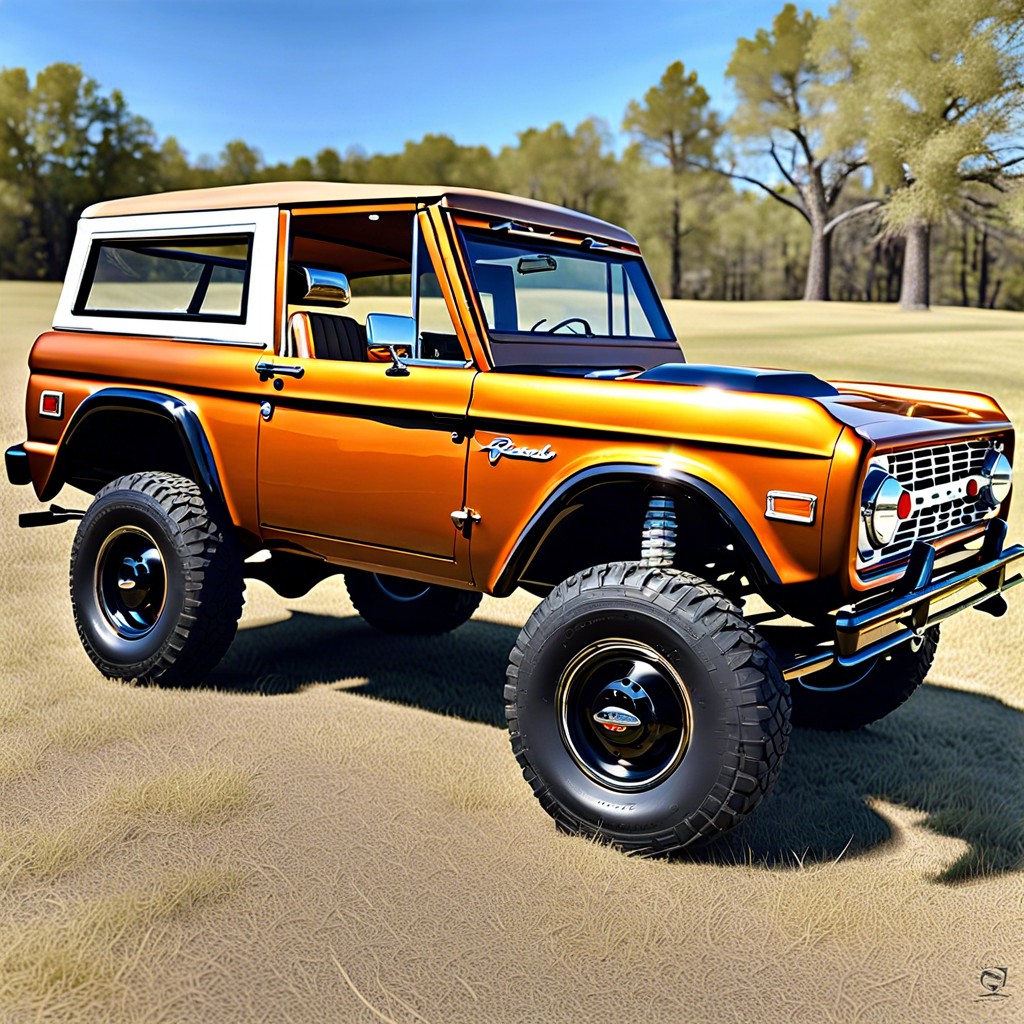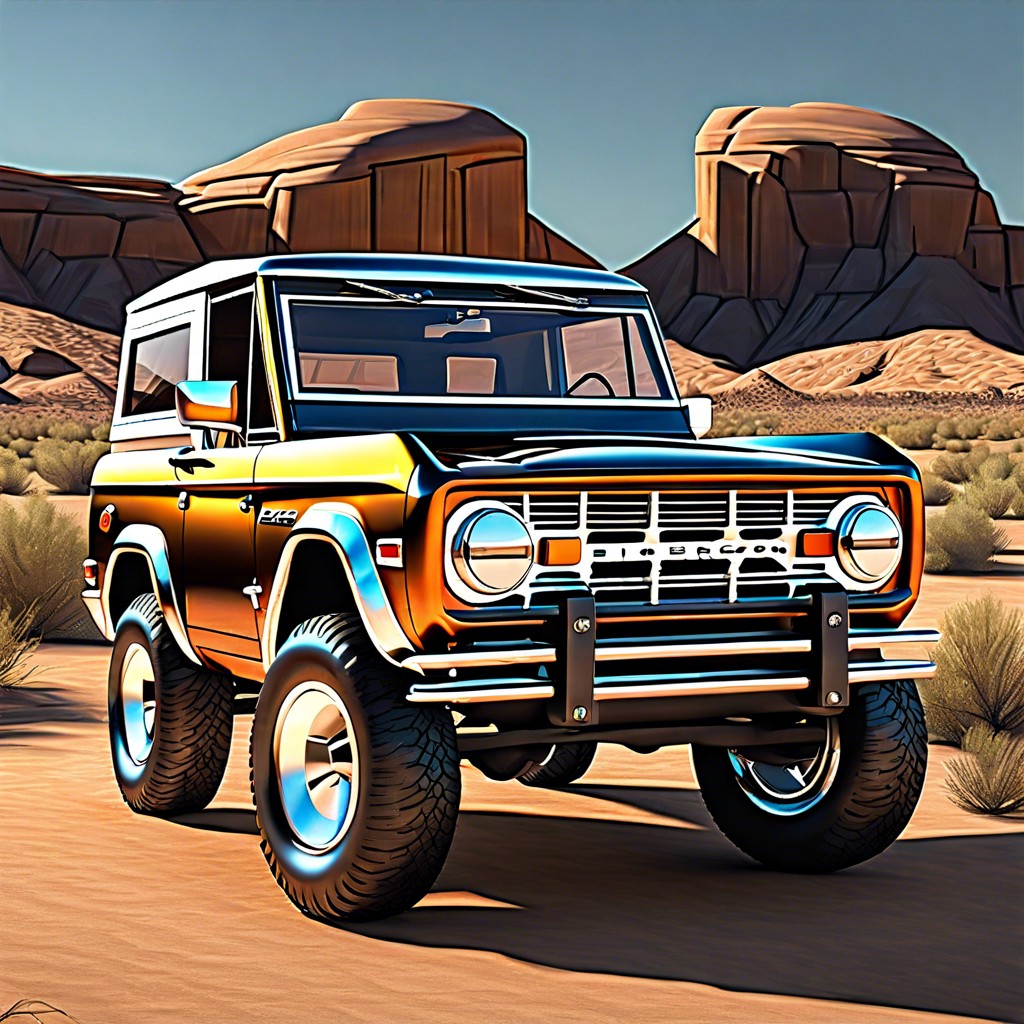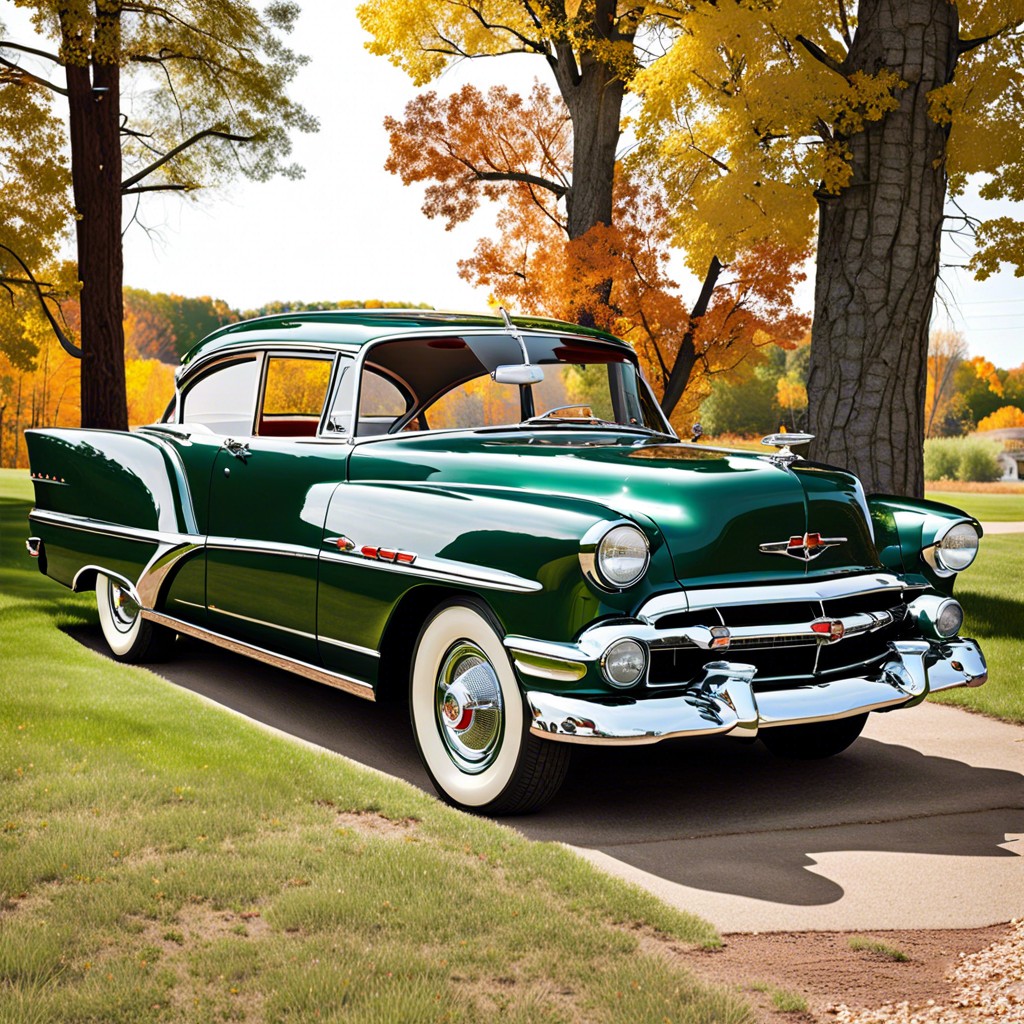Last updated on
Discover essential tips for purchasing a classic truck and learn what to look for to make a sound investment.
Key takeaways:
- Classic trucks offer nostalgia, functionality, and investment potential.
- Evaluate condition, history, parts availability, and insurance costs.
- Find classic trucks online, at auctions, car shows, or dealers.
- Inspect for rust, engine issues, interior condition, and history.
- Consider repair costs, insurance, maintenance, and fuel efficiency.
Benefits of Owning a Classic Truck
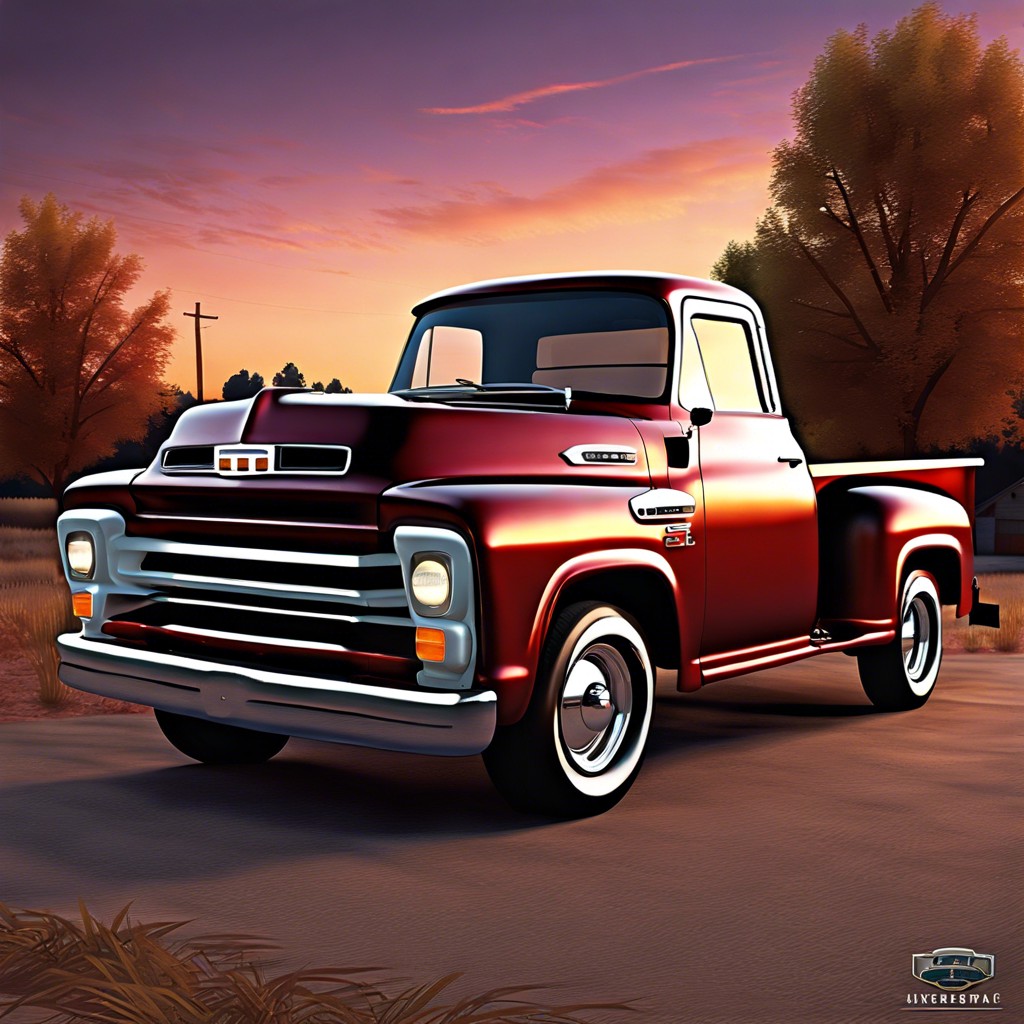
Classic trucks blend nostalgia with functionality, making every drive a captivating journey. These vehicles often become centerpieces at car shows, attracting admirers and sparking conversations. Their sturdy designs and simpler mechanics make maintenance and repair more straightforward than modern models, ideal for those who enjoy DIY projects. Additionally, classic trucks are not just vehicles; they’re investments. Over the years, many have appreciated in value, potentially offering financial benefits alongside the joy of ownership and personal satisfaction. Moreover, driving a classic truck fosters a sense of community, connecting owners with clubs and historical vehicle enthusiasts who share a passion for preservation and heritage.
Key Considerations Before Purchasing
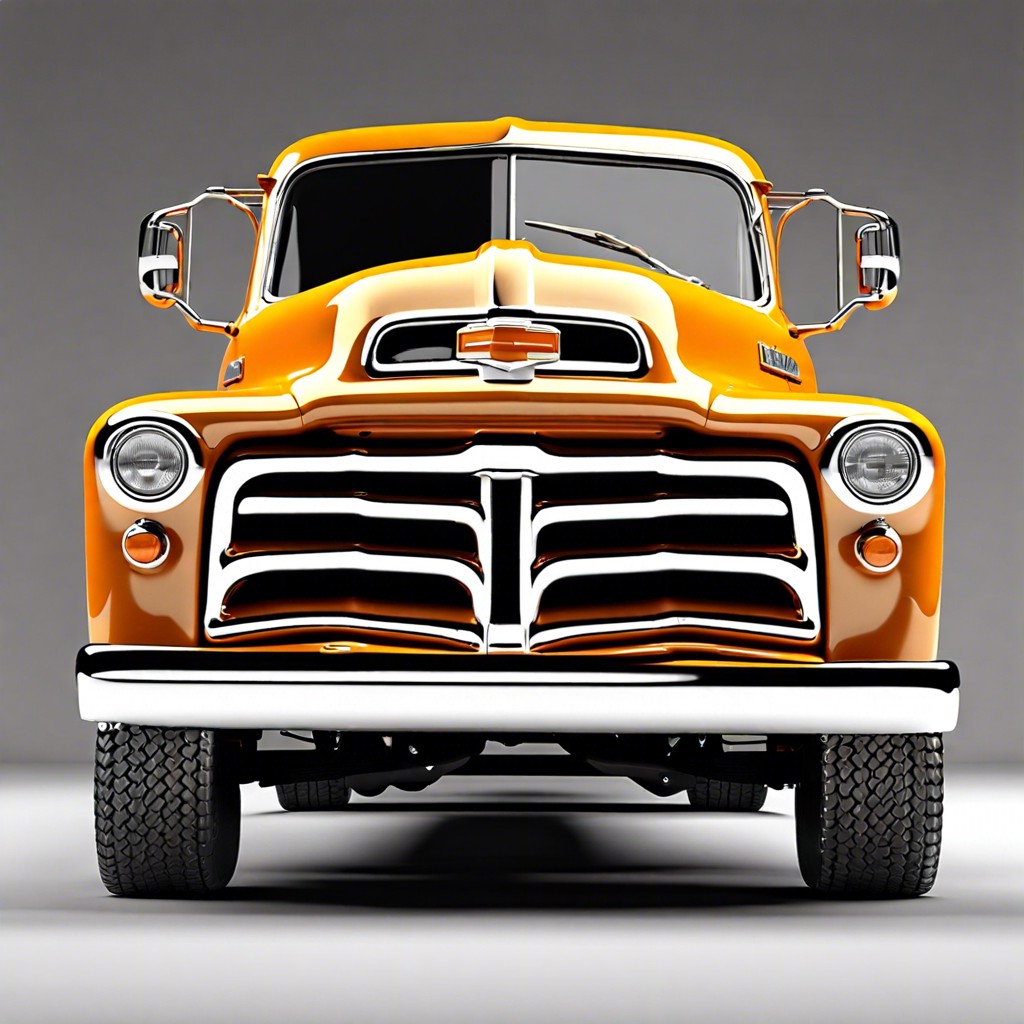
When eyeing a vintage vehicle, it’s crucial to weigh several factors to sidestep potential pitfalls. First, evaluate the truck’s overall condition — both mechanical and aesthetic. Dig into its history for a record of past ownerships, accidents, and repairs. Compatibility with modern parts can be a headache; verify the availability of replacements to keep your ride running smoothly. Consider the resale value as well. Some models appreciate over time, turning them into profitable investments if chosen wisely. Lastly, get a sense of insurance costs, which can vary significantly based on the truck’s age and status.
Where to Find Classic Trucks for Sale
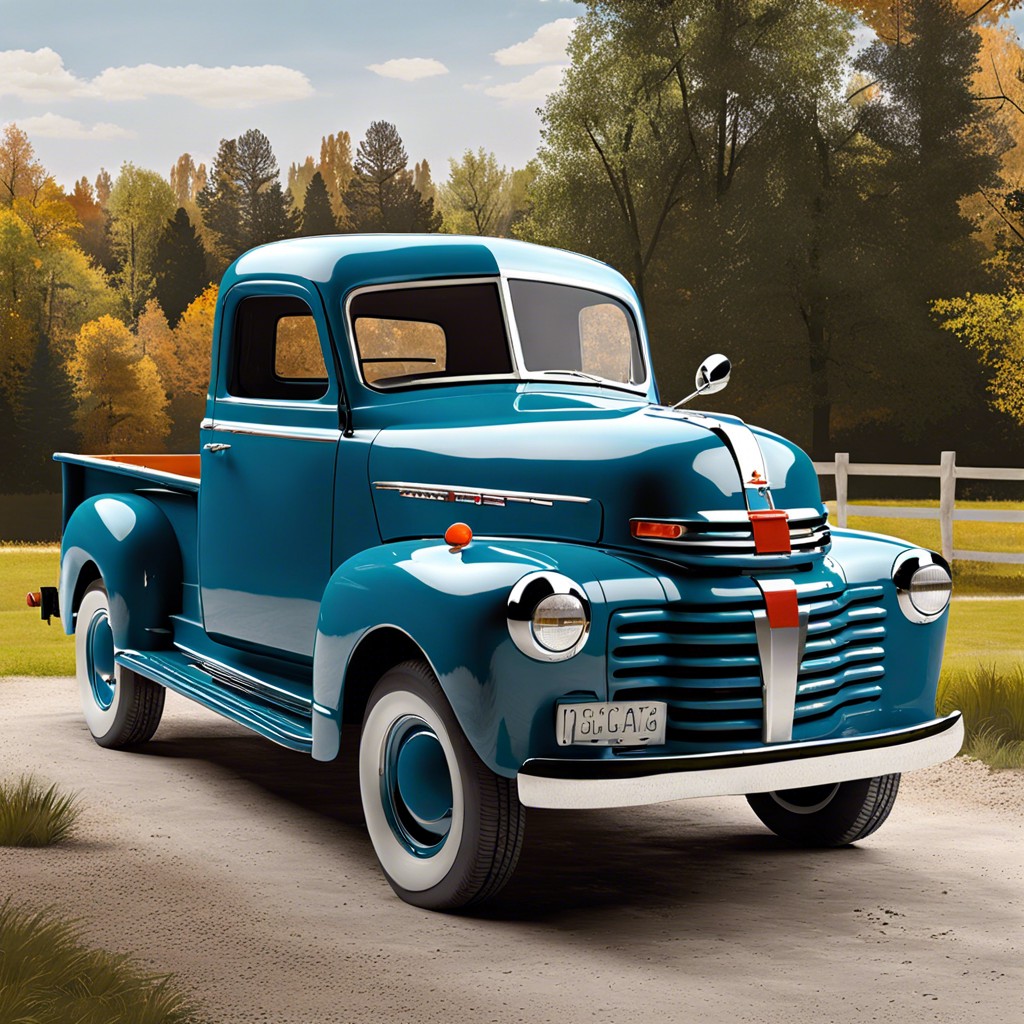
Classic truck enthusiasts have several options when searching for that perfect vintage vehicle. Online marketplaces are a popular starting point, offering a wide range of models across different price points. Websites like eBay Motors, ClassicCars.com, and Hemmings provide extensive listings.
Local auctions and classic car shows are also valuable for finding a gem. These events give you the chance to see the vehicles in person and talk directly with the sellers. Sometimes, networking at these events can lead to private deals not listed publicly.
Specialty classic car dealers focus exclusively on vintage vehicles and can guide you through the purchase process. They typically offer a more curated selection and can help with specific requests.
Finally, don’t underestimate word of mouth in local car clubs and online forums. Many deals happen quietly and are often the best way to secure a well-maintained classic truck from a fellow enthusiast.
Inspection Tips for Buying a Classic Truck
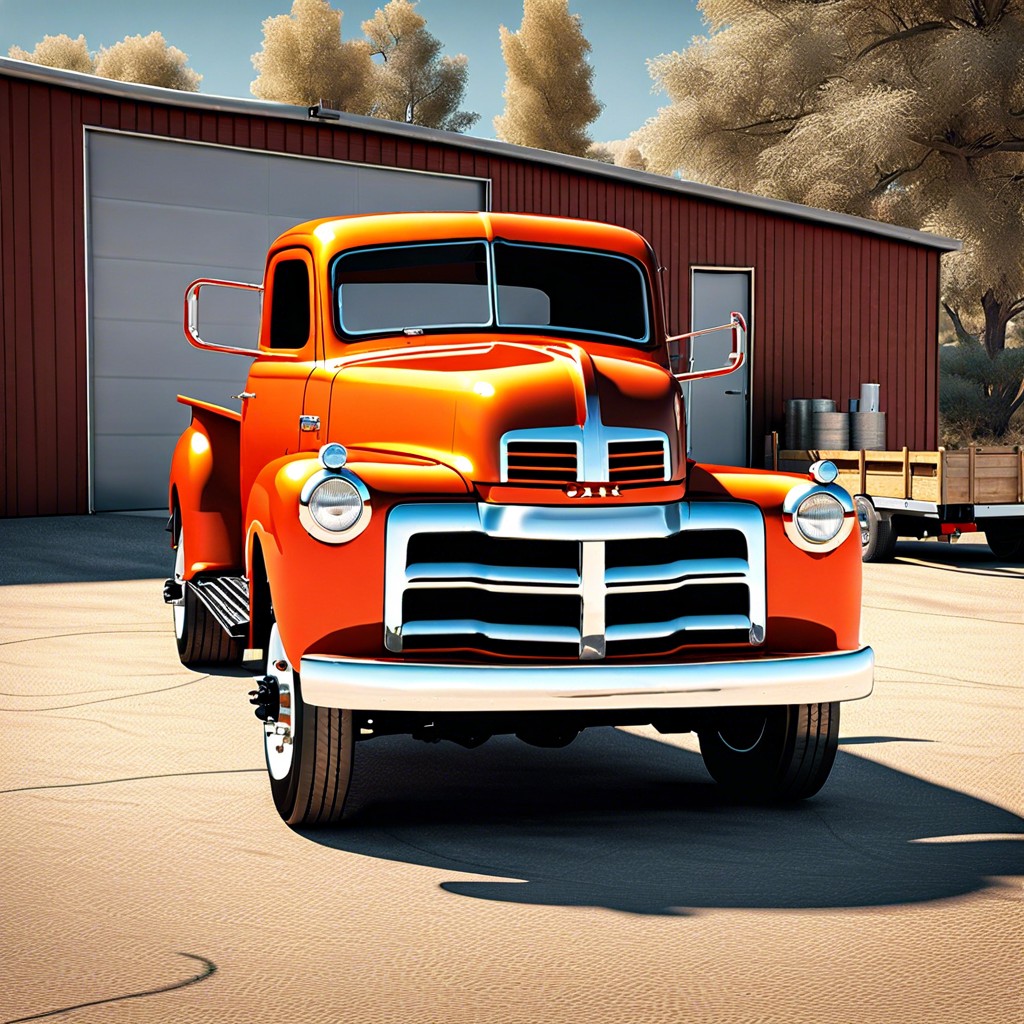
Check the body for rust or damage, especially in common problem areas like wheel wells and the truck bed. Look under the vehicle for signs of excessive wear or recent undercoating, which could be hiding rust.
Open the hood and examine the engine. Look for signs of leaks, recent repairs, or modifications. Original parts often add value to classic trucks, so take note of any non-original components.
Inspect the interior for the condition of the upholstery, dashboard, and trim. Original, well-maintained interiors can significantly enhance a classic truck’s value.
Review the vehicle’s history. Ask for maintenance records, restoration details, and previous ownership documentation. A well-documented history can provide peace of mind and authenticity.
Test drive the truck to check the engine performance, brake function, and alignment. Listen for unusual noises or vibrations, which may indicate underlying issues.
Consult with a mechanic who specializes in classic vehicles. Their expert evaluation can be invaluable, particularly if you’re new to collecting vintage trucks.
Cost Expectations and Budgeting
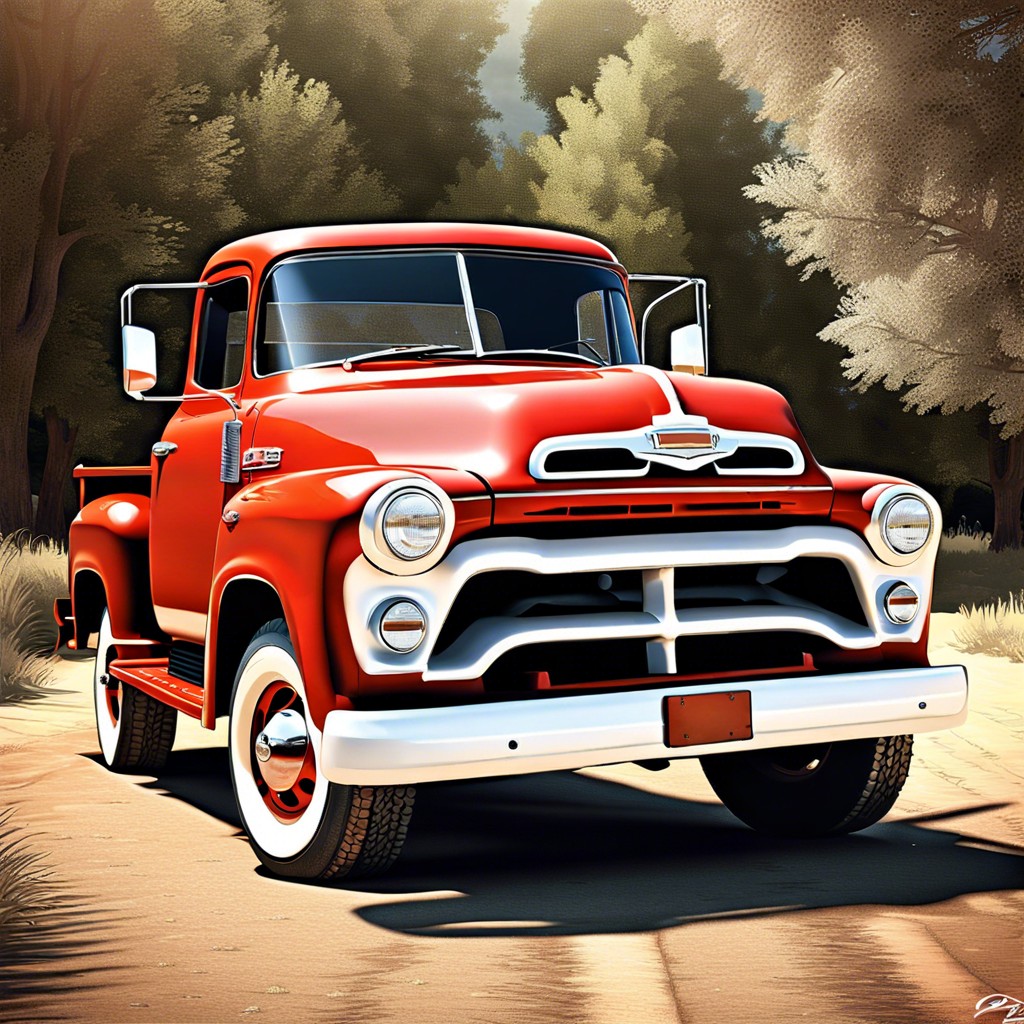
Purchasing a classic truck often involves more than the initial price tag. Consider these factors to effectively plan your budget:
Repairs and restoration can significantly affect your overall expenses. Older models may require parts that are hard to find or expensive to purchase.
Insurance costs for classic trucks can vary from standard vehicles. Specialized classic car insurance is generally recommended, which might come with a premium.
Ongoing maintenance is crucial for keeping your classic truck in good running condition. Set aside a budget for regular upkeep.
Finally, think about the truck’s fuel efficiency, which tends to be lower in older models. Factor in the potential high fuel costs when budgeting for your new acquisition.
